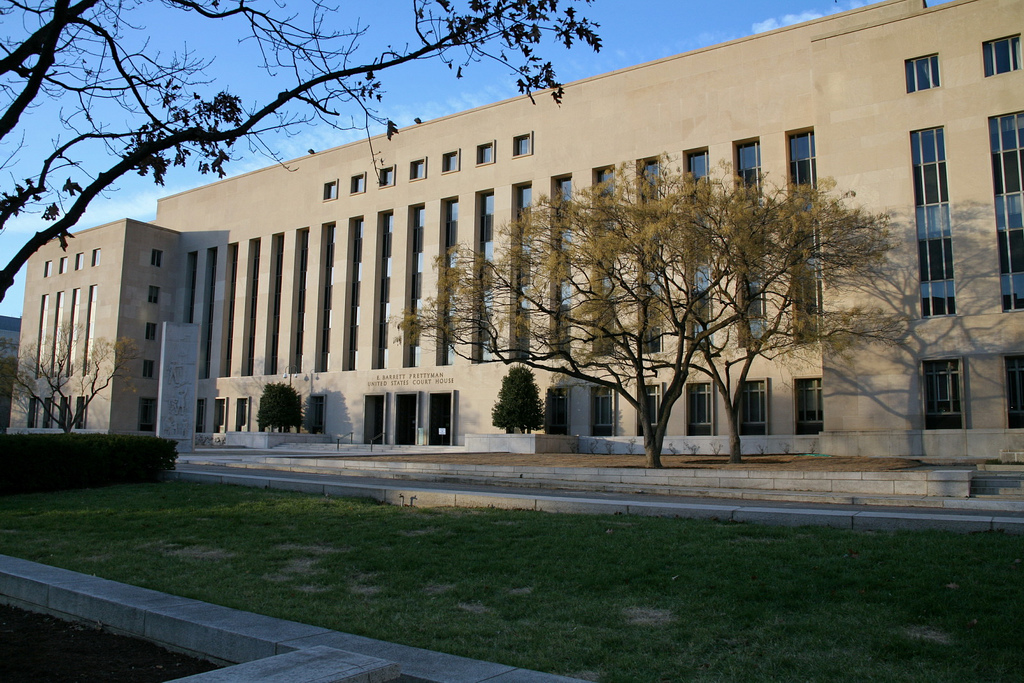The Legal Implications of the Decline of the Original al Qaeda Network
Greg Miller of the Washington Post has an important story this morning addressing the possibility that the original al Qaeda network is but a drone strike or two away from eradication:
The leadership ranks of the main al-Qaeda terrorist network, once expansive enough to supervise the plot for Sept. 11, 2001, have been reduced to just two figures whose demise would mean the group’s defeat, U.S.
Published by The Lawfare Institute
in Cooperation With

Greg Miller of the Washington Post has an important story this morning addressing the possibility that the original al Qaeda network is but a drone strike or two away from eradication:
The leadership ranks of the main al-Qaeda terrorist network, once expansive enough to supervise the plot for Sept. 11, 2001, have been reduced to just two figures whose demise would mean the group’s defeat, U.S. counterterrorism and intelligence officials said. ... ... U.S. officials who described al-Qaeda as being on the verge of defeat after Osama bin Laden was killed said they have been surprised by the pace and extent of the group’s contraction in the six months since then. “We have rendered the organization that brought us 9/11 operationally ineffective,” a senior U.S. counterterrorism official said. Asked what exists of al-Qaeda’s leadership group beyond the top two positions, the official said: “Not very much. Not any of the world-class terrorists they once had.”I find it rather amazing that this isn't getting more attention. If this story had been published in the early years following 9/11, it surely would have been the focus of extraordinary attention. Some would question its descriptive accuracy, others would support it, but either way we surely all be talking about it a great deal. So, why isn't this happening now? Part of the answer, it seems to me, is the increasing prominence of al Qaeda franchises and independent-but-inspired groups or individuals--and the temptation to use the label "al Qaeda" in to encompass all of those entities. Just look at how the issue arises in the article itself:
U.S. officials stressed that al-Qaeda’s influence extends far beyond its operational reach, meaning that the terrorist group will remain a major security threat for years. Al-Qaeda in the Arabian Peninsula, as its Yemen-based arm is known, has carried out a series of plots, including the attempted bombing of a Detroit-bound airliner on Christmas Day two years ago. The arrest this week of an alleged al-Qaeda sympathizer in New York underscored the group’s ability to inspire “lone wolf” attacks.On this view, the original network might be on the precipice, but "al Qaeda" will in any event remain as much a threat as ever going forward because, in effect, its banners have been picked up both by formally-linked entities such as AQAP and by independent-yet-inspired individuals. But there is a problem with the use of the al Qaeda label in this umbrella fashion: it does not necessarily match up with the AUMF. The AUMF, famously, encompasses at least the original al Qaeda network and those who harbor it. Whether it applies as well to entities like AQAP is a much-debated question, raising difficult issues regarding both how one defines the organizational boundaries as al Qaeda and whether the AUMF should be read to include, implicitly, authority to use force as well against organizations that can be described as the functional equivalent to co-belligerents (and, if so, what the criteria are for defining that set). With the potential demise of the "core" al Qaeda leadership, these questions will become still more difficult. And for better or worse, the various NDAA proposals relating to the AUMF do very little to address them. In any event, I expect that this will become an increasingly significant set of issues in the years ahead. Indeed, the book I'm writing dwells quite a bit on the idea that the second post-9/11 decade will differ from the first--and thus will present more difficult legal issues--precisely on this dimension.
Robert (Bobby) Chesney is the Dean of the University of Texas School of Law, where he also holds the James A. Baker III Chair in the Rule of Law and World Affairs at UT. He is known internationally for his scholarship relating both to cybersecurity and national security. He is a co-founder of Lawfare, the nation’s leading online source for analysis of national security legal issues, and he co-hosts the popular show The National Security Law Podcast.


-final.png?sfvrsn=b70826ae_3)


